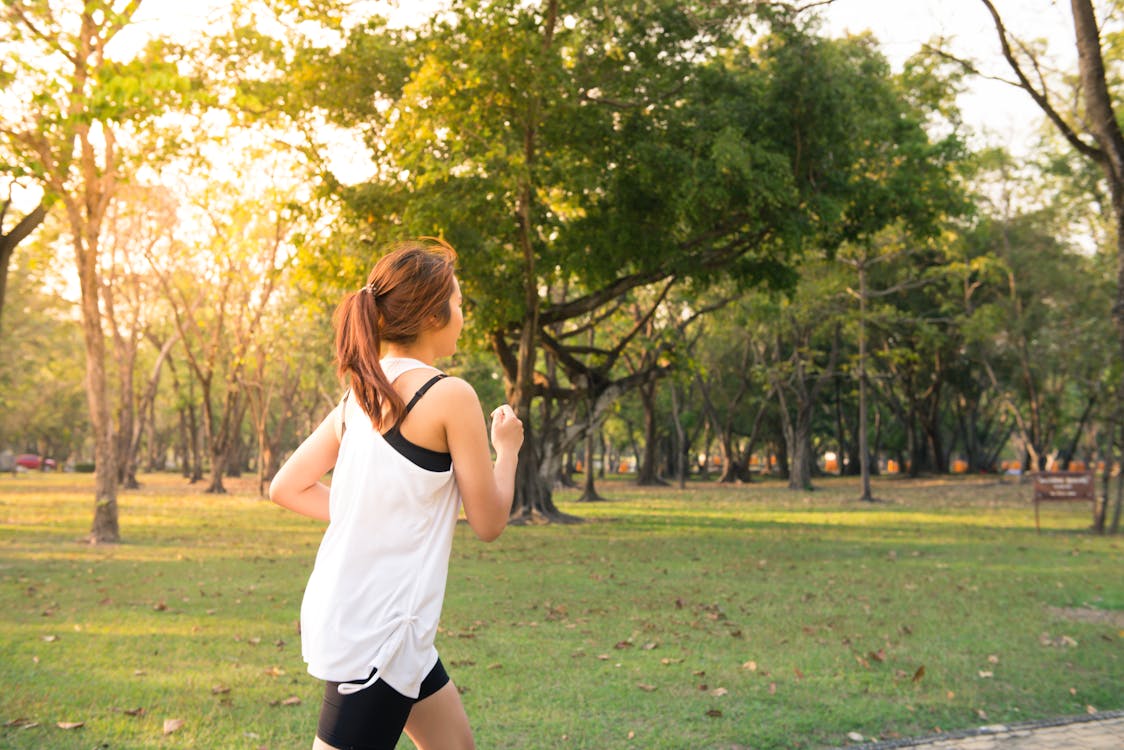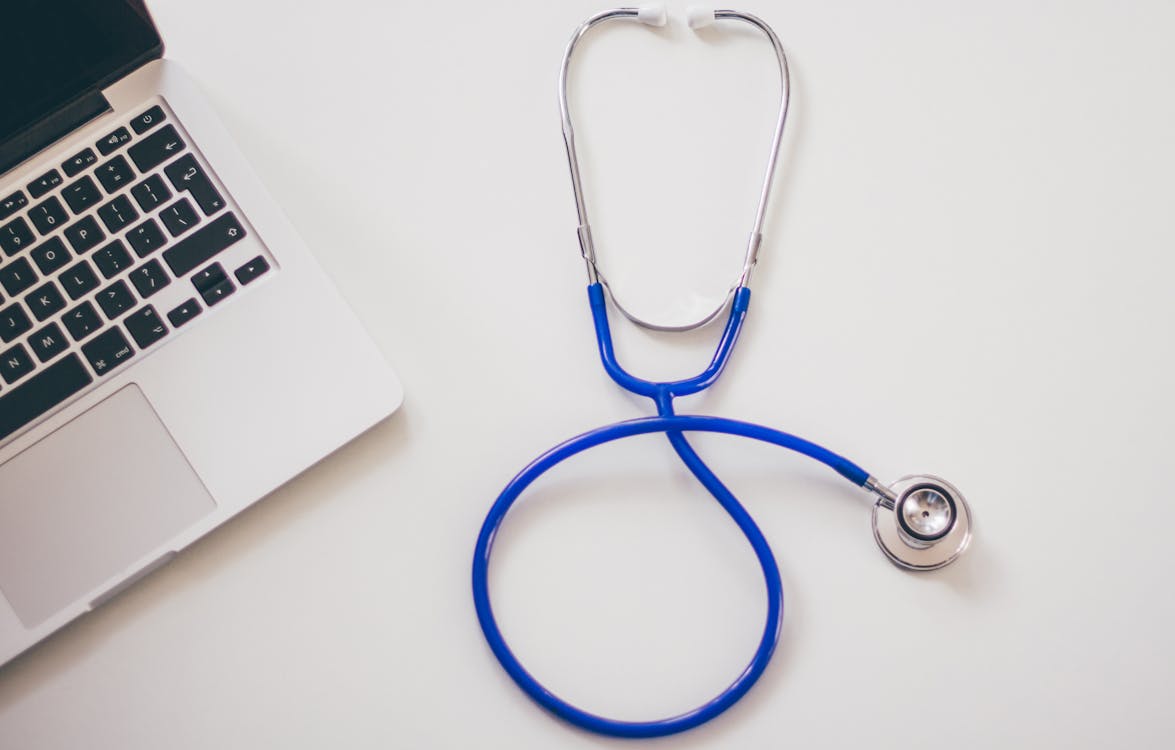Fatty liver is a disease of excess accumulation of fat in the liver. Currently no registered medication is available for non-alcoholic fatty liver disease. The following powerful natural remedies that include dietary modifications and lifestyle measures are effective for patients with the initial stage of fatty liver.
Regular meal management & lifestyle measures

- You need to start your day with physical exercise. Both high-intensity aerobic exercise and resistance exercise control free fatty acid synthesis and lipogenesis. Obesity is one of the primary reasons for non-alcoholic fatty liver disease. Daily physical exercise can control obesity and reduce the risk of fatty liver symptoms.
- Avoid drinking artificial beverages drinking habit during and after the completion of the exercise. You can drink lots of homemade lemon water. Lemon water is the simplest way to get the benefits of lemon. You cut two lemons. Put them into a jug of water, and drink this at a regular interval. The antioxidant property of lemon helps to reduce oxidative damage. Flavonoids present in lemon have a protective effect on the liver.
- You should drink herbal tea made up of 5gm black seed (kalonji) powder with 5 gm of Lemon Balm leaf (Melissa officinalis) instead of tea and coffee. This is an effective way to reduce non-alcoholic fatty liver symptoms. A randomized clinical trial result reported Thymoquinone is a phytochemical of the black seed that can reduce lipid profile and liver enzyme. Lemon balm also has a hypolipidemic effect. Both of these therapeutic effects are beneficial for a fatty liver condition. You can prepare this herbal tea in your own kitchen. For this, you need to prepare a tea bag with require amount of kalonji and Lemon Balm leaf and store these tea bags in an airtight container. You need to boil 250ml water and put off the flame. Add one tea bag to the boiled water and put the lead wait for 10 minutes and enjoy healthy herbal tea.
- Turmeric is a common kitchen spice in India and an effective regimen for fatty liver. Raw turmeric rhizome is readily available in vegetable shops. Drinking raw turmeric juice every morning on an empty stomach provides great help to control fatty liver conditions. A randomized double-blind placebo-controlled human trial showed curcumin, a phytochemical present in turmeric could improve non-alcoholic fatty liver conditions. Different human research studies recommended that 600 mg/ day or 0.6 ml turmeric powder or turmeric oil three times per day is safe and effective to provide medicinal value. Simply, you add raw turmeric juice to fruit juice. Fruit juice masks the pungent taste of turmeric without impacting its benefit.
- Oatmeal is a great alternative to rice and wheat for patients with fatty liver. You can introduce this whole grain to your breakfast and dinner. Oatmeal can reduce body weight. It also limits the risk of diabetes. Both obesity and diabetes are commonly associated with fatty liver. The newspaper Hindustan Times published an article on 28th October 2017 that reported fatty liver was a leading cause of the higher prevalence of diabetes in India.
- If you have an advanced stage of fatty liver with swelling of the liver, then omega-3 fatty acids help to reduce the progression of the condition. The omega-3 fatty acid has an anti-inflammatory effect that reduces liver inflammation. It controls other underlying triggering factors including hypertriglyceridemia. A meta-analysis reported by observing ultrasound diagnosis that omega-3 fatty acid supplements significantly reduce liver fat amount.
- Include β-carotene, vitamins C, and E-rich food items in the diet. Certain natural food sources are effective against non-alcoholic fatty liver condition. Such as
Walnuts – 30 gm per day
Blackcurrants – 100 g
Parsley leaves – 100gm
Red Capsicum – 100 gm
Horseradish – 100gm
Wheat germ -100gm
Carrot – 100 gm
Dried apricot -100gm
Onion leaves – 100 gm
Mushrooms
Apples
Oranges
Green leafy vegetables
Green tea instead of milk tea or black tea and coffee
Tofu instead of Paneer
Soy milk
Yogurt
Chicken
Fish like Katla, Hisla, Chapila, Morola etc.
Eggs (less than two eggs per week)
Food should be boiled, steamed, or baked without added oil, butter, and ghee as much as possible.
Cooking oil must be extra virgin olive oil.
Meal intake instructions

- Break your overall daily intake into 4–5 meals; give 2 to 3 hourly maximum breaks between meals.
- At least 3 hours gap requires between last meal intake and before sleeping
- Slowly intake your meal and do proper chewing before swallowing
- Finish your eating even before the feeling of satiety, as satiety often feels after 15 minutes of completing eating
4 Inexpensive nutritional supplements

- Turmeric Powder or crushed raw turmeric (1 teaspoon) and a pinch of black pepper powder- mix with hot water. Drink it every morning on an empty stomach.
- Raw garlic –2 bulbs daily with morning meal
- Cod liver oil capsules –twice daily after meal
- Nutrilite Milk Thistle with Dandelion supplement (Amway India) – one tablet twice a day along with your meals
Right exercise habit

At least 30 minutes of daily exercise in the morning hours (between 6 am to 9 am) in sunlight to get natural vitamin D.
Periodic diagnostic tests recommendation

- Liver function tests
- Vitamin D level
- USG (with GP recommendation)
Restrictions for progressive fatty liver

- No alcohol
- No smoking
Follow the above-mentioned regimens for at least three months to get an effective result. But necessarily you need to go for periodic diagnosis to check the progression of the condition.
